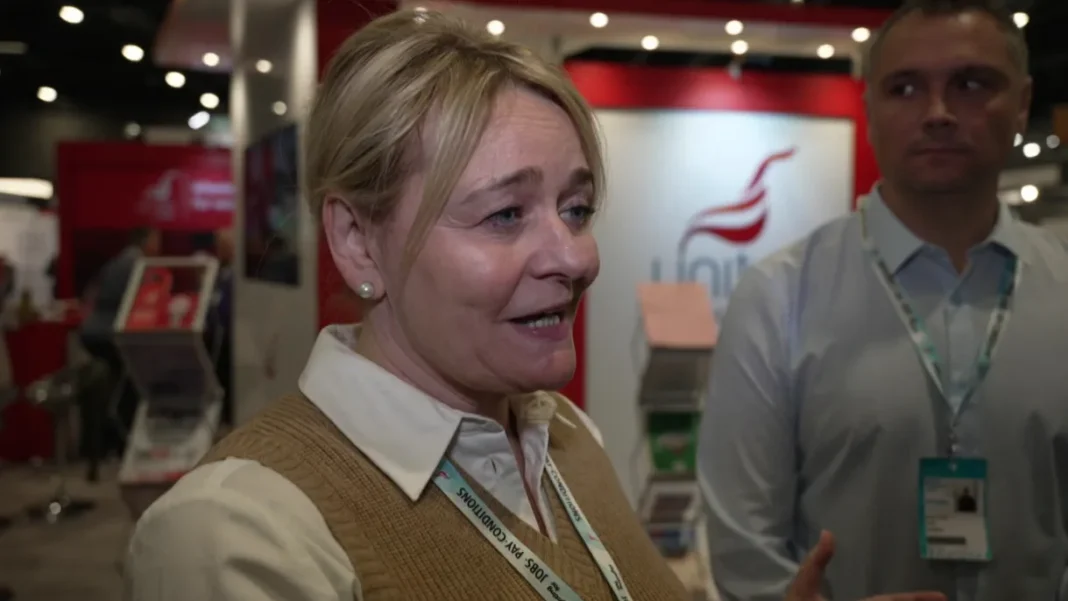The UK faces a deepening industrial strategy crisis. Union leaders are now demanding a top minister’s job. Specifically, they want Energy Secretary Ed Miliband removed. This demand follows devastating news for workers. A second UK oil refinery is moving towards closure. Consequently, it will shed 125 valuable jobs. The announcement came at a politically sensitive time. It landed on the morning of the Labour party conference. Prime Minister Keir Starmer was preparing his keynote speech. This industrial strategy crisis now threatens his government’s agenda.
Therefore, unite union leader Sharon Graham issued a stark warning. She represents the workers at the threatened refinery. Graham urged the Prime Minister to act immediately. She told him to “wake up and smell the coffee”. Furthermore, she declared the current situation a “disaster”. She criticized the government’s net zero and growth plans. How can you have a growth agenda, she asked, while industries shed jobs? This industrial strategy crisis is therefore a direct challenge to Labour’s core promises. Graham highlighted a dramatic investment gap. She compared the UK’s £50bn plan to Germany’s £1 trillion strategy. This comparison underscores the scale of the problem.
Workers on the ground have also lost all confidence. Jamie Dalgetty is the Unite branch chairman. He spoke for the national refinery workers’ committee. However, he confirmed they are calling for Miliband’s removal. They also want junior minister Michael Shanks gone. Dalgetty pleaded for specific government action. He wants ministers to support takeover bids for the site. The government recently intervened to save the Scunthorpe steelworks. Workers now demand a similar rescue package. They see this as a test of the government’s commitment.
Moreover, the union’s solution involves a major financial shift. Therefore, Graham called on Chancellor Rachel Reeves to change course. She wants a fundamental rethink of the fiscal rules. The government should borrow money to invest in industry, she argued. This investment would then grow the economy. Subsequently, the UK could pay down its debt-to-GDP ratio. This approach mirrors the German model. The money does not just disappear, Graham insisted. Instead, it fuels a cycle of renewal and growth. The core message is clear. The government must invest in jobs to grow Britain.
Ultimately, this industrial strategy crisis is a defining moment. The government’s plans are facing their first major test. The loss of a second refinery is a serious blow. Furthermore, union pressure is mounting intensely. The Chancellor’s autumn budget now carries even greater weight. Will the government hold its fiscal line? Or will it intervene more directly to save jobs? All eyes are on the Prime Minister and his team. After all, their response will signal their true industrial priorities.
For more political updates, visit London Pulse News.


